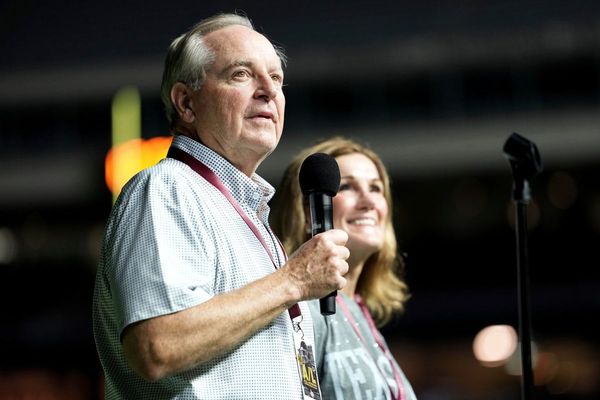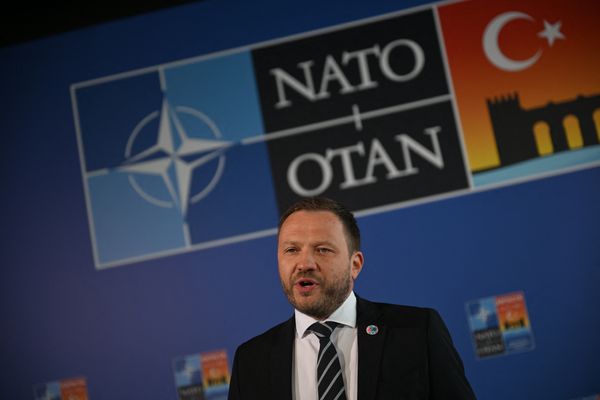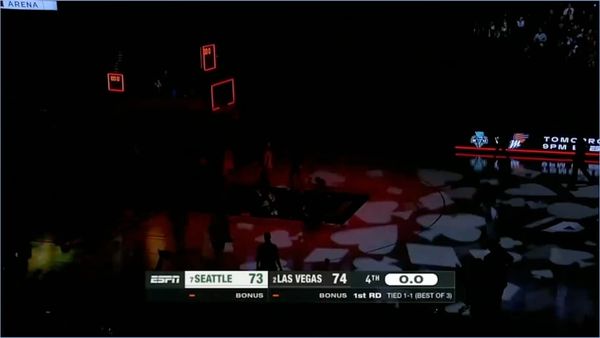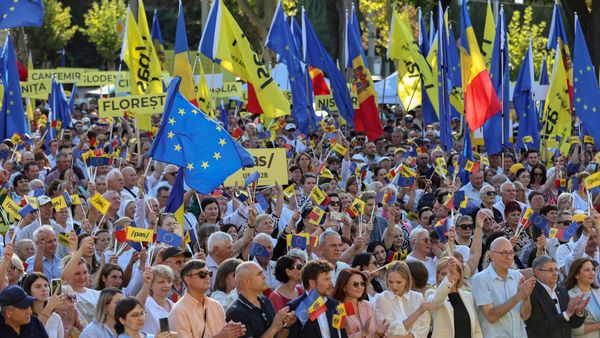There’s this common phrase “God-given name.” But names aren’t given by God; it’s our parents who decide what to name us. And many people wish they could name themselves since they really hate the names their parents give them. In fact, 76% of Brits say they don’t like their names and wish to be called something else.
Some names can be straight-up funny, and I’m not talking about Amanda Kissinghug, Mike Rotch, or I.P. Freely. Recently, creator Victor Alfred, aka @victoralfred11, made a comedy skit about the unusual names that African parents give their children. Other people have noticed this phenomenon as well, sharing some unique names they’ve come across, like Commission, Thankgod, and Blessing.
Some parents love to give their children unique names, but African parents might have everyone else beat

Image credits: Curated Lifestyle (not the actual photo)
One comedian recently made a skit about how African parents seem to be naming their children anything and everything







Image source: @victoralfred11
His video racked up over a million views
@victoralfred11♬ original sound – Victor Alfred
Some African parents really do try to manifest better lives for their children by giving them certain names
For us, Westerners, African naming practices might seem odd. That one commenter wasn’t far off when she said, “Naming things they’re manifesting.” In some African cultures, parents really believe that names have power, and that the kind of name you give your child will heavily influence their life’s path.
One of the most prominent examples may be former Nigerian President Goodluck Ebele Azikiwe Jonathan. Although he didn’t have much luck in his political career (he was the first president not to be re-elected), his parents certainly tried to manifest it.
Jonathan’s late father is quoted in one of his biographies as saying, “I called him Goodluck because although life was hard for me when he was born, I had this feeling that this boy would bring me good luck.”
Many Nigerians also tend to name their children according to this criteria:
- Circumstances of their birth;
- Position in the family;
- Hopes for the child’s future.
As Nigerian novelist and humorist Adaobi Tricia Nwaubani writes for The BBC, apart from their surname, many Nigerians have as many as five or six additional names. In the traditions of the West African ethnic group Yoruba, each parent and grandparent contribute one name.
For example, a child from their ethnic group might be named Taiwo Peter Tokunbo Olamide. ‘Taiwo’ means that he’s the first of the two twins. ‘Peter’ is his Christian name, while ‘Tokunbo’ refers to the fact that he was born abroad. And ‘Olamide’ means “my wealth/success has arrived.”
Generally, there are eight main factors that influence traditional African names
There are many different ethnic groups in Africa, and naming practices may differ from one to another. Yet, there are some common elements that determine what name parents give their baby across the different cultures. Ghanian correspondent for the BBC, Adelaide Arthur, names these eight naming practices as the most common:
- Family circumstances during the child’s birth. Oftentimes, such names are complete sentences. The Yoruba people name girls Yetunde or Yewande (meaning “mother has come back”) when a female relative has passed away shortly before the birth. Similarly, in Sesotho and Xhosa families in South Africa, babies are named Kgomotso and Pumza (meaning “comfort”) after a family passing.
- Warnings or rebukes. Some parents try to avoid a bad fate by naming their kids after their misfortunes. Some Zimbabwean names of this kind are Nhamo (misfortune), Manyara (you have been humbled), and even those translated into English, like Kissmore, Jealous, Furious, or Hardlife.
- After famous people. Westerners aren’t the only ones naming their kids after celebrities (Kim, Sabrina, and Justin are the most popular names among Gen Z parents). After Barack Obama’s election in 2008, one mother from Kisumu, Kenya, named her newborn baby AirForceOne Barack Obama.
- By order of birth. Many children are named by whether they are the firstborn, the secondborn, etc. It saves them some time: they don’t have to explain whether they’re the oldest or the youngest. And this is especially true with twins. In Uganda, boys named Kakuru or Wasswa are most likely the elder twin.
- According to the day of the week. In Ghanian ethnic groups such as the Akan, Ga, Ewe, and Nzema, the day when the baby is born determines what their name will be. If a boy is born on a Monday, he’ll be Kojo, and Adwoa if it’s a girl. A Friday baby girl will be named Efua, and a boy will have the name Yaw.
- According to religious beliefs. One Ghanian couple named their baby Xolawubo, meaning ‘the creator’ (God). In Ethiopia, there is a Hailemariam, meaning “the power of Mary.” In the Igbo and Yoruba ethnic groups in Nigeria, names that start with Chi-, Chukwu-, or Oluwa- refer to God.
- Depending on the day or season. The Kalenjin people in Kenya name their babies Kibet if they’re born during the day and Kiplagat if they’re born after sunset.
- Honoring the family elders. In Southern Africa, it’s not unusual to name babies after their grandmothers or grandfathers. But, because it’s often disrespectful to call out a deceased elder’s name out loud, the children are affectionately called Ouma (grandma) or Oupa (grandpa).
People shared many ridiculous names they’ve come across in real life






































